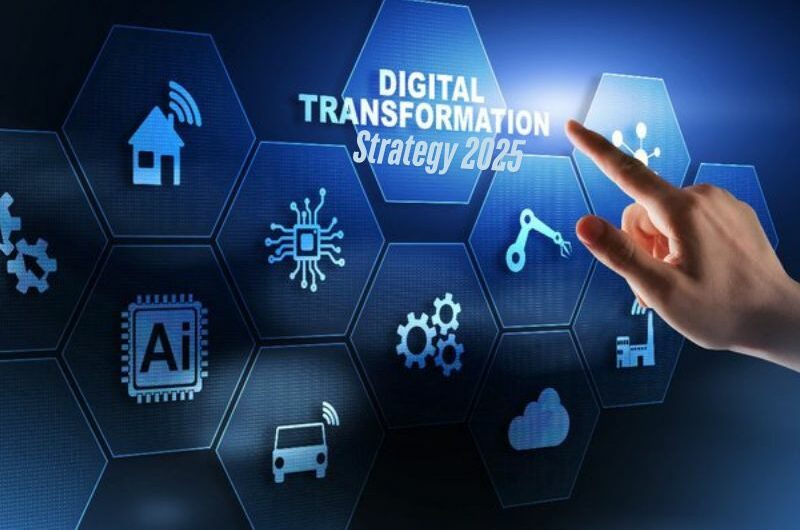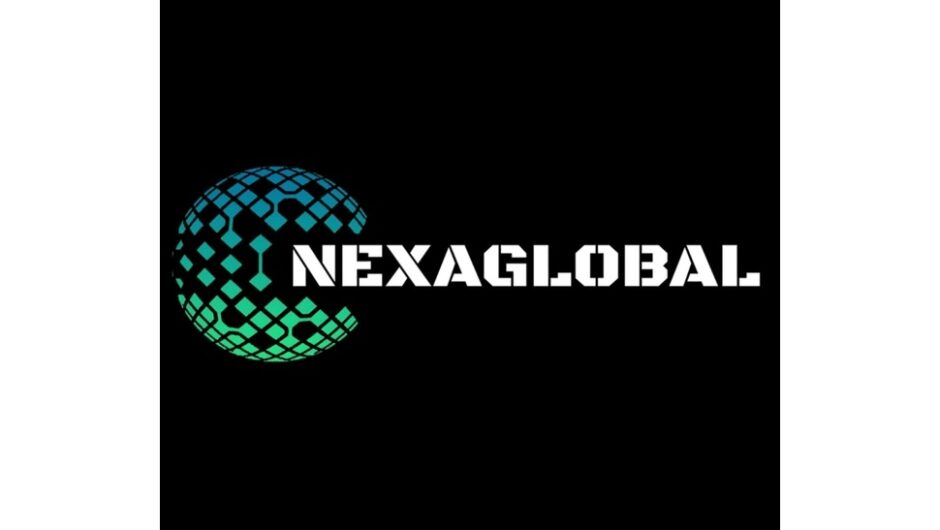Q: Phillip, as you know, California Assemblyman Evan Low (D) introduced a bill this week to create a universal basic income in the state that would give residents over 18 years of age $1,000 per month. What do you think about that?
“Well, I’d like to first commend Assemblyman Evan Low for his efforts on the Assembly Bill 2712 proposal. This is a great stepping-stone towards financial freedom for Californians. However, I read the proposal and it isn’t so ‘universal’. The bill seems rushed and vague to me. There is room for lots of possible holes in the proposal. As I understand, the purpose of a UBI program is to give people money indiscriminately, to cover the basic cost of living and to provide financial security.AB 2712 does the exact opposite. In fact, it blatantly excludes the poor. It excludes those who would benefit the most from the UBI program, which in my opinion, defeats the purpose of creating a UBI program in the first place. For example, the bill would exclude residents who are enrolled in a government assistance program, such as Medi-Cal, CalFresh, CalWorks, or Unemployment Insurance. The “U” in UBI stands for ‘universal’ and that doesn’t sound very ‘universal’ to me. Having said that, the proposal is in my opinion blatantly discriminatory and I’m opposed to any plan that would exclude people based on their socioeconomic status.

On top of that, to fund the UBI proposal, a 10% Value Added Tax (VAT) will be imposed – on the excluded. If you look at this from an economic perspective, the imposed 10% VAT would raise the already unsustainable cost of living in California, disproportionately harming the middle class & lower-income families even more so. Why should excluded residents pay a 10% VAT for something they cannot participate in? So, AB 2712 just doesn’t make economic sense to me.”
Q: So, in your opinion, what would make economic sense regarding the AB 2712 proposal?
Well, let’s think about it. My wealthy neighbor qualifies to receive the new UBI benefits, but because I’m poor and enrolled in a government assistance program, I’m automatically excluded, right? Yet, as a non-UBI participant, I still have to pay a 10% VAT to fund a program that I’m originally excluded from. Does that make sense? No, it doesn’t. It sounds unfair.
So, for me, in order for this to make economic sense and actually work economically, AB 2712 proposed funds would have to be distributed to all California residents – indiscriminately, regardless of their income and regardless if residents are enrolled in a government assistance program. The universality in a Universal Basic Income program is a vital component here.
Q: How will the Barter Unit UBI program differ from AB 2712 proposal?
“Well, its relatively the same concept, in the sense that both organizations will be giving away free currency. I like to think of the Barter Unit UBI program as transformative or revolutionary, in the sense that its’ a relatively new concept to issue a monthly UBI grant in the form of alternative currency – without bureaucratic constraints. Whereas the AB 2712 proposal is reformative, it’s based on reforming the existing financial structure, which is attached to way too many bureaucratic constraints – as we can already see in the proposed bill. However, as of now, the most discernible difference between the BarterUnit UBI program and AB 2712 proposal is that 1.) we don’t impose a tax to fund our program and 2.) we don’t and won’t make exclusions based on socioeconomic status.”
Q: What AB 2712 modifications would you suggest to Evan Low?
“Listen, Evan Low is obviously an intelligent man, and I’m almost certain that the language of AB 2712 will be modified end extended to best help the financially marginalized. We have to consider that at this point in time, AB 2712 is in its early stages of development and I’m almost certain that Mr. Low will make the necessary revisions that financially benefit all Californians.”
Perez is preparing to soon launch an independent Universal Basic Income (UBI) program, primarily as an anti-poverty measure and as an alternative exchange mechanism independent of conventional money – in the form of an alternative currency. The privatized BarterUnit UBI program is set to launch on May 1st, 2020.
Topics #BarterUnit #CalUBI #Phillip H. Perez #UBI #universal basic income #www.barterunit.com









